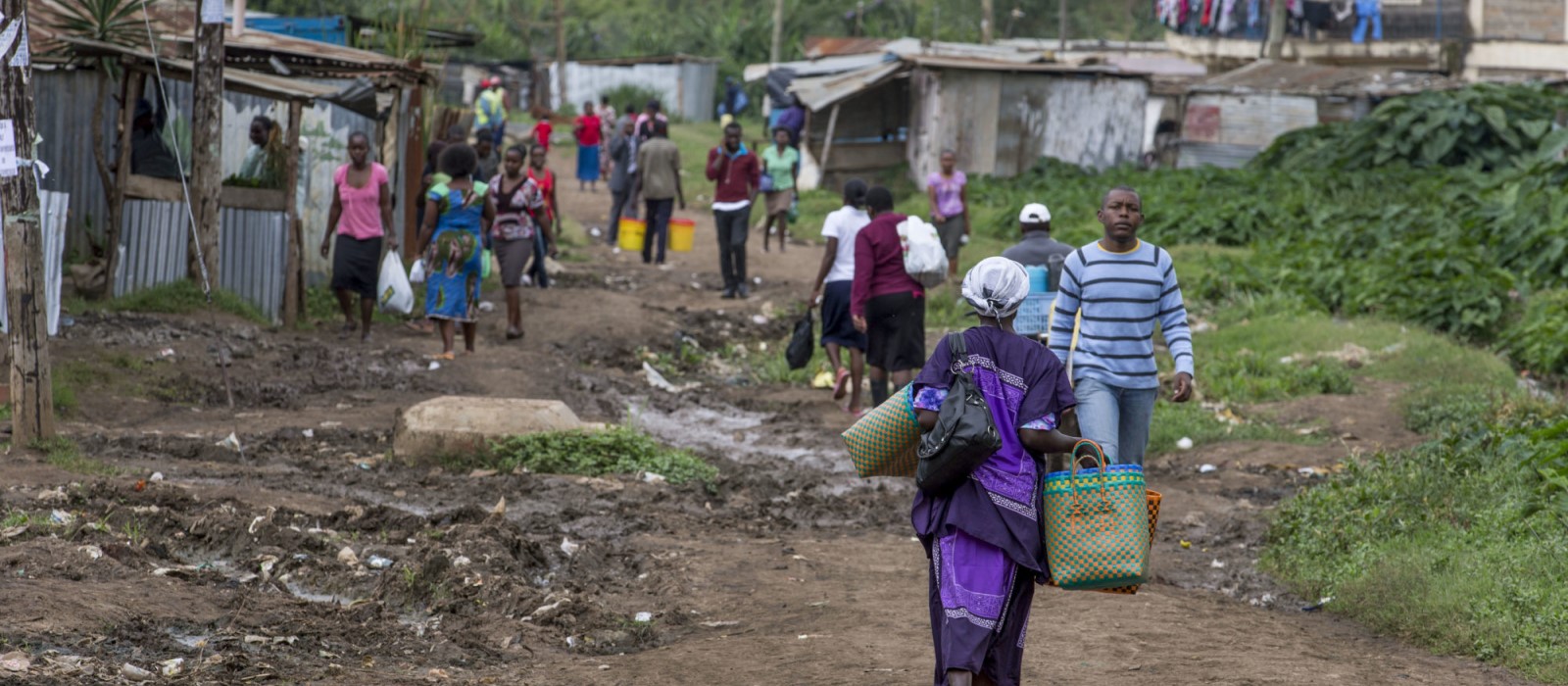Depressive beliefs and misperceived social norms in Kenya

Nairobi, Kenya | Jonathan Torgovnik Getty Images via Images of Empowerment
Study Context
Depression has debilitating effects on health and economic productivity (De Quidt and Haushofer, 2016), influencing behavior through negative beliefs about the self, the world, and the future (Beck, 1979). In Kenya, the prevalence of depression in urban areas has been estimated to be approximately 30-40% (Ndetei et al., 2008). The purpose of this project was to assess the feasibility of addressing two potential barriers to adopting existing mental health resources arising from depressive beliefs: misperceived social norms around stigma, and underestimated treatment counterfactuals from mental health interventions.
Study Design
In partnership with the Busara Center for Behavioral Economics, this phase of the project primarily involved completing qualitative interviews and scoping activities to assess the feasibility of running a large scale RCT. To better understand concerns about stigma, the researchers carried out interviews to capture (a) attitudes toward treatment for depression, and (b) perceptions of other people’s attitudes towards treatment. The researchers also carried out scoping activities by contacting local mental health services.
Results and Policy Lessons
Pilot results indicate that on average individuals overestimate stigma by more than a factor of five; respondents predicted that 40% of (other) respondents would hold stigmatizing views towards treatment (compared to the observed 7%), and 66% of participants overestimated the frequency of negative judgements for seeking care. Pilot results also suggest that individuals’ beliefs can be changed by simply providing them with information on the number of people (out of a random sample of twenty respondents) who answered “No (we would not judge them negatively)” to a question about stigma. The researchers then re-elicited individuals’ predictions of the average level of stigma for the full sample. This simple information intervention reduces the overestimation of stigma by 25%, suggesting a potentially powerful tool for correcting biased beliefs.


